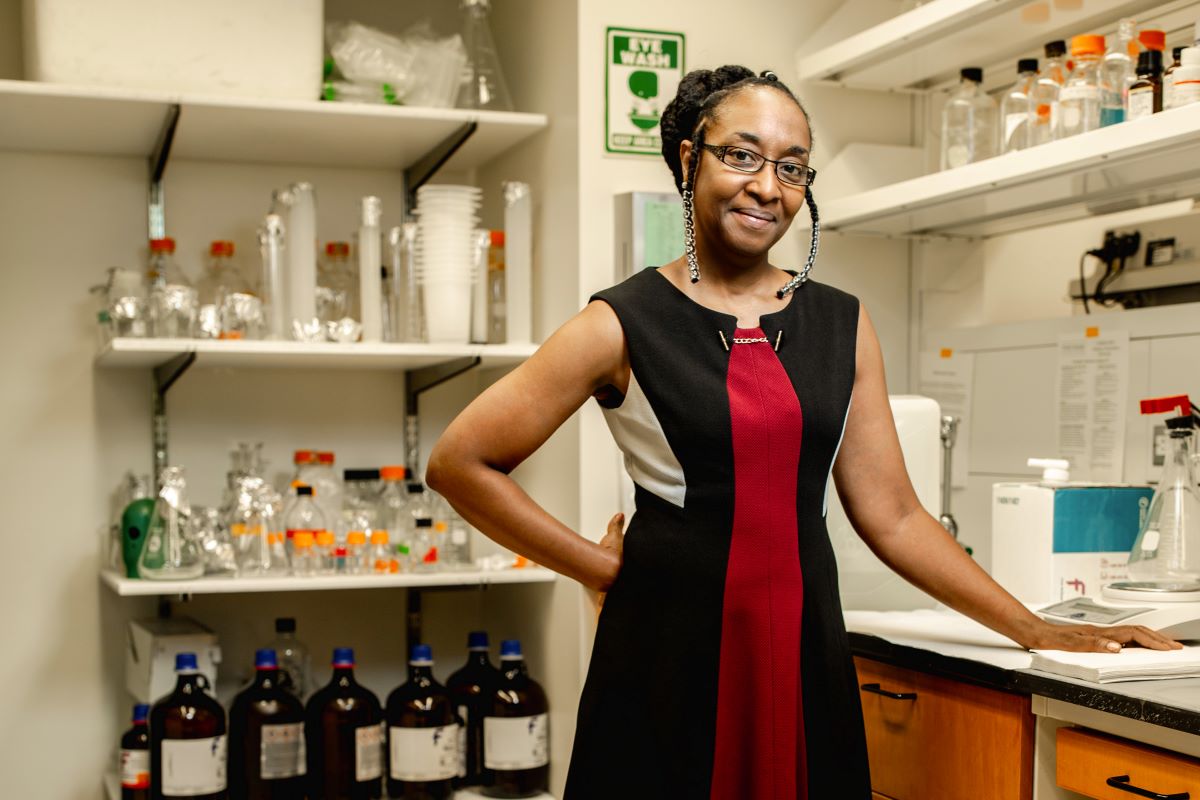
- Certain prostate cancer drugs were shown to work more effectively, or less, in cell lines from patients of differing lineages.
- One drug was more potent in an Afro-Caribbean cancer cell line — the first ever tested — while another drug was less effective.
- Precision medicine approaches that tailor dosing by ancestry could improve prostate cancer outcomes for Black and Caribbean men.
PHILADELPHIA (November 25, 2025) — Using the first-ever prostate cancer cell line from an Afro-Caribbean patient, investigators at Fox Chase Cancer Center and other members of the African Caribbean Cancer Consortium uncovered significant differences in how cancer drugs work across ancestries. These differences may help explain why, despite advances in treatment, Black men die from prostate cancer at twice the rate of White men.
Testing five Food and Drug Administration-approved cancer drugs, the researchers found that one drug was much more effective in the Afro-Caribbean cell line compared to cell lines from White patients. A second drug demonstrated the opposite pattern, proving three to five times less effective in Black patient-derived cells.
Different Populations, Different Responses
“The therapies we evaluated are all standard therapies that are being provided to treat prostate cancer around the world. Our work shows the potential for differential responses for certain population groups,” said Camille Ragin, PhD, MPH, a professor in the Cancer Prevention and Control Research Program at Fox Chase and the senior author on the study.
“The findings point to why precision medicine is so important and how, by using this approach to treating cancer, we can eliminate disparities,” added Ragin, who is also Associate Director for Cancer Disparities Research and Research Integration at Fox Chase. Ragin conducted the study with a team of researchers that included lead author Simone Badal, PhD, MBA, of The University of the West Indies, and Valerie Odero-Marah, PhD, of Morgan State University.
Drug Responses Vary by Ancestry
- Abiraterone showed 4.6- to 13-fold greater effectiveness in the Afro-Caribbean cell line compared to cell lines from White patients, suggesting patients with this lineage might respond better to this specific drug, a finding that aligns with earlier research.
- Enzalutamide showed the opposite pattern. It was three to five times less effective in both Black patient-derived cell lines, suggesting it may not be the most efficacious choice for Black patients with prostate cancer.
- Chemotherapy drugs (docetaxel, cabazitaxel) worked equally well across all ancestries.
Addressing Representation Gaps
The research directly addresses a gap in cancer science: Despite bearing a disproportionate burden of aggressive prostate cancer, Black men, particularly those of Caribbean and African descent, have been almost entirely absent from the laboratory models used to develop and test cancer therapies. Fewer than 10% of commercially available prostate cancer cell lines are derived from Black patients and none from Caribbean populations.
Additionally, most clinical trials that led to the FDA approval of the cancer drugs tested in this study enrolled predominantly White participants. The study findings raise questions about whether current treatment guidelines adequately account for ancestry-related biological differences that could influence patient outcomes.
“It all goes back to representation and making sure that these experiments are being done to ensure that we understand how certain population groups are going to respond to treatments,” Ragin said.
“Ultimately, our work is all about ensuring that men are responding to therapies and staying alive.”
Collaboration Across Continents
This research was made possible by collaboration among key members of the African Caribbean Cancer Consortium. Founded by Ragin in 2006, the consortium comprises more than 200 researchers, clinicians, and cancer advocates from more than 25 countries across North America, Africa, and the Caribbean. This work marks another step toward AC3’s mission: studying viral, genetic, environmental, and lifestyle factors that influence cancer risk and outcomes in people of African descent.
The study, “Novel Afro-Caribbean Prostate Cancer Model Reveals Ancestry-Specific Drug Vulnerabilities With Therapeutic Implications for Black Patients,” was published in Cancer Research Communications.